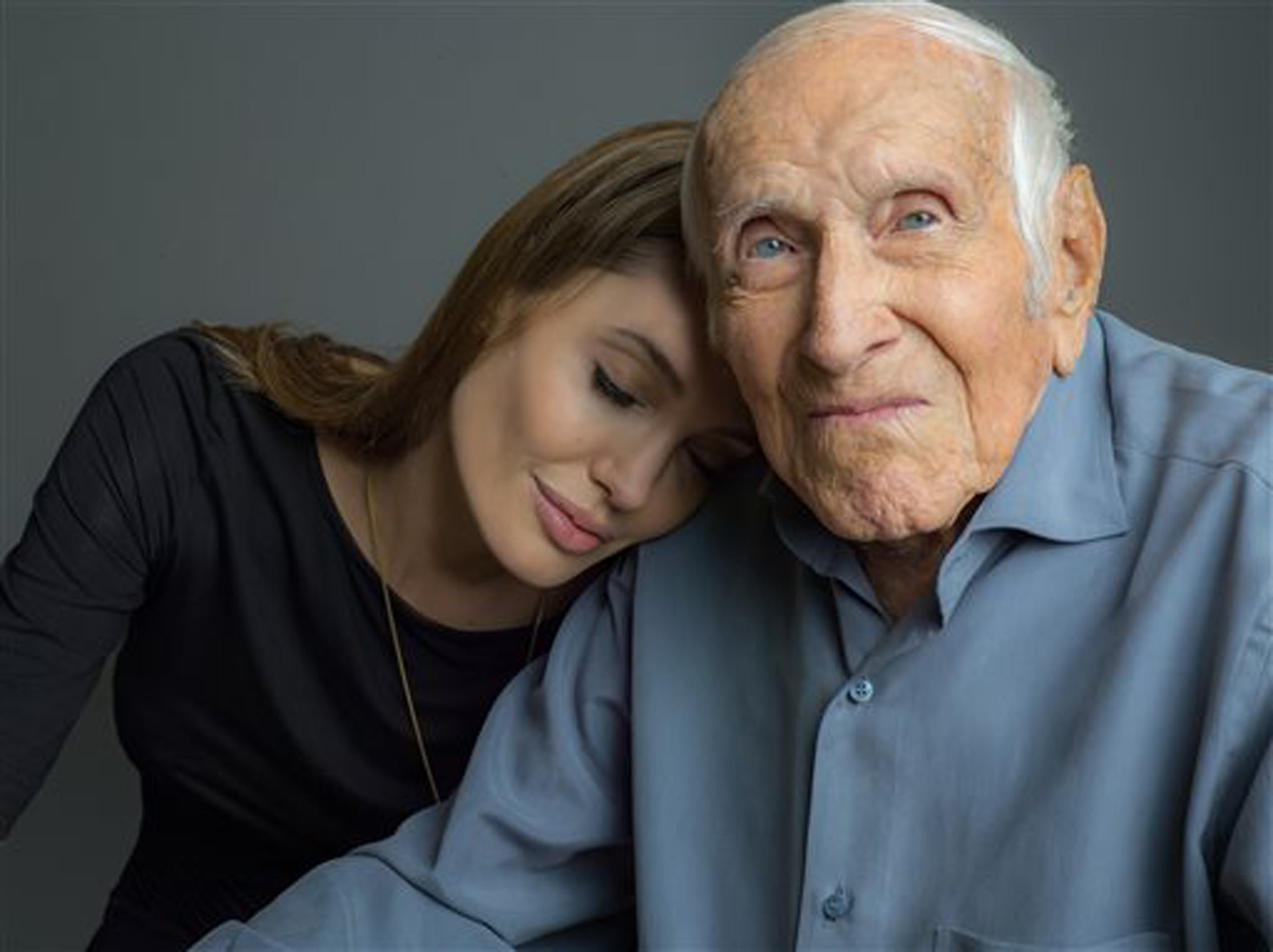Angelina Jolie's second world war biopic Unbroken accused of racism over portrayal of Japanese guards
Details surrounding the treatment of POWs have been dismissed by some as 'complete fabrication'

Your support helps us to tell the story
From reproductive rights to climate change to Big Tech, The Independent is on the ground when the story is developing. Whether it's investigating the financials of Elon Musk's pro-Trump PAC or producing our latest documentary, 'The A Word', which shines a light on the American women fighting for reproductive rights, we know how important it is to parse out the facts from the messaging.
At such a critical moment in US history, we need reporters on the ground. Your donation allows us to keep sending journalists to speak to both sides of the story.
The Independent is trusted by Americans across the entire political spectrum. And unlike many other quality news outlets, we choose not to lock Americans out of our reporting and analysis with paywalls. We believe quality journalism should be available to everyone, paid for by those who can afford it.
Your support makes all the difference.Conservatives in Japan have accused Angelina Jolie’s second world war biopic Unbroken of racism, with some calling for both the film and director to be banned from the country.
Nationalist campaigners say the film’s version of Japanese guards is 'deeply misleading', the Daily Telegraph reported, and claim that the details of the treatment of POWs are a "complete fabrication".
Unbroken is based on the life story of American Olympic runner and US Air Force second lieutenant Louis Zamperini, which was told in the 2010 book Unbroken: A World War II story of Survival, Resilience and Redemption, by Laura Hillenbrand.
Zamperini, portrayed by Jack O’Connell in Jolie’s film, was beaten and mistreated by the Japanese navy between July 1943 and the end of the war in August 1945 after being captured near the Marshall Islands.

The book and film both describe how Zamperini was tormented by prison guard Mutsuhiro Watanabe, nicknamed the Bird.
Watanabe is said to have once forced a weak and starving Zamperini to hold a heavy piece of wood above his head for 37 minutes before punching him in the stomach. The book also accuses the Japanese of engaging in cannibalism of POWs.

Hiromichi Moteki, secretary general of the nationalist pressure group the Society for the Dissemination of Historical Fact, told the Telegraph the claims were "pure fabrication".
He said: "If there is no verification of the things he said, then anyone can make such claims. This movie has no credibility and is immoral."
Mindy Kotler, director of Asia Policy Point, said: "It is outrageous and reprehensible to deny what happened to Louis Zamperini.

Watch Apple TV+ free for 7 days
New subscribers only. £8.99/mo. after free trial. Plan auto-renews until cancelled

Watch Apple TV+ free for 7 days
New subscribers only. £8.99/mo. after free trial. Plan auto-renews until cancelled
"It will not be something that the US government will be able to ignore. Both the San Francisco Peace Treaty, which is predicated on acceptance of the Tokyo War Crimes Tribunal, and the honour of American veterans need to be defended."
Miyavi, the Japanese pop star starring as Matsuhiro Watanabe, has previously spoken about the harrowing experience of working on the film, saying that it left him physically sick and unable to stop crying.
Join our commenting forum
Join thought-provoking conversations, follow other Independent readers and see their replies
Comments